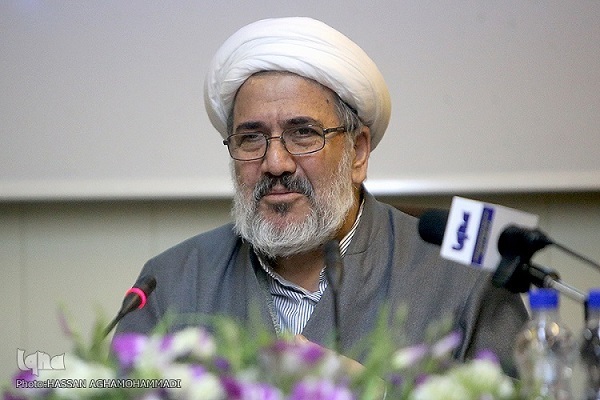Living the Quran: Scholar Stresses Practical Application Over Ceremony

Dr. Mohammad Ali Mahdavi Rad, professor of Quranic studies at the University of Tehran, emphasized the need for a deeper and more practical relationship with the Quran.
“The real question is whether we are truly living with the Quran, or only using it for blessings and slogans,” he said. “That’s a difficult question—and answering it may be even harder.”
Describing the Quran as “the most constructive, precise, and vital guide for a faithful and ethical life,” Mahdavi Rad argued that the nature of one's relationship with the Quran depends on how deeply it is rooted in a person’s daily life, thoughts, and speech.
Read More:
He outlined two primary modes of interaction with the Quran. The first, he said, is scholarly engagement—such as that of jurists, theologians, or philosophers who draw intellectual and legal insights from it.
The second is what he called “a guidance-seeking relationship” that focuses on applying the Quran’s teachings to everyday behavior and spiritual growth.
“We believe the Quran is a book of guidance,” he said. “Its language leads us toward human excellence and dignity. It is meant to take everyone’s hand and guide them forward.”
He stressed that a Quran-centered life does not require mastering vast knowledge.
“According to the teachings of the Imams, what matters is reflecting on the Quran and understanding its message—rather than simply becoming familiar with its surface,” he noted.
Read More:
Highlighting the role of reason, he said that Islamic tradition places great value on rational thought.
“In the Quran, intellect is not dismissed; it is introduced as a tool for understanding divine truth and living according to revelation,” he explained.
Quoting Imam Ali (AS), Mahdavi Rad concluded by saying, “Upholding the Quran is a duty. We must bring the Quran, monotheism, and the Prophetic tradition into our everyday lives.”
News.razavi/366791
Translation by Aliasghar Pirzadeh



